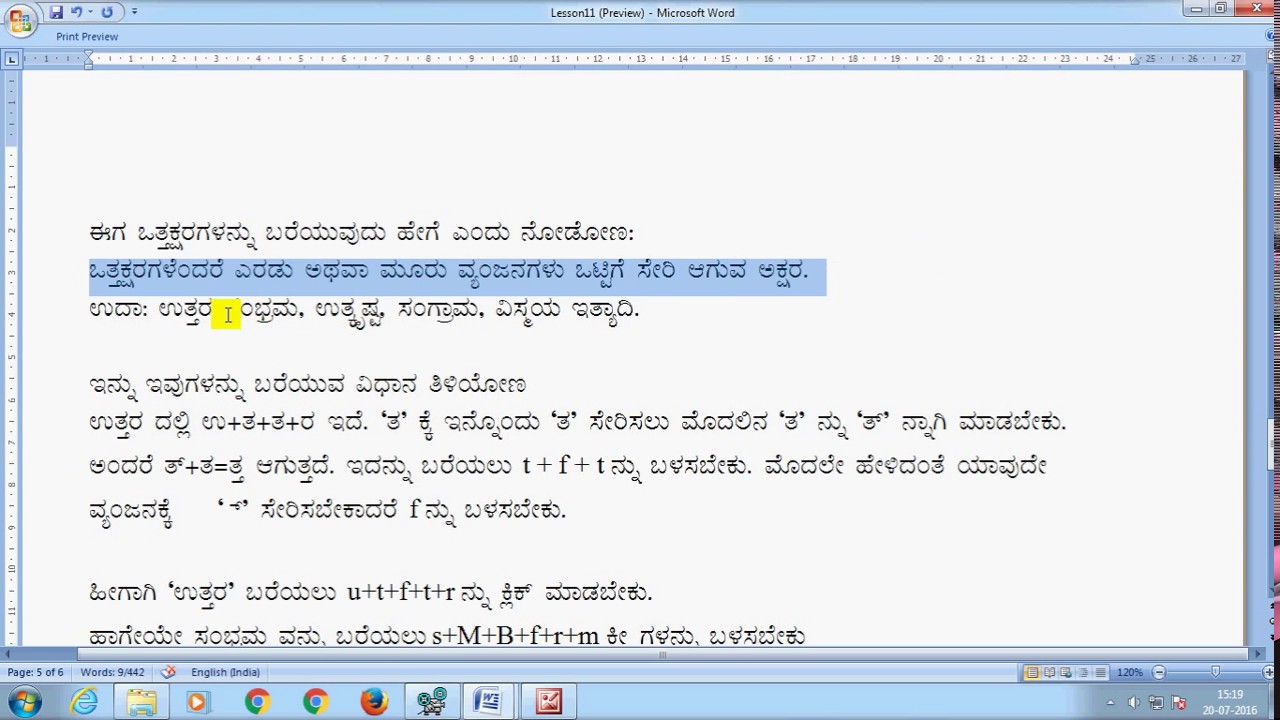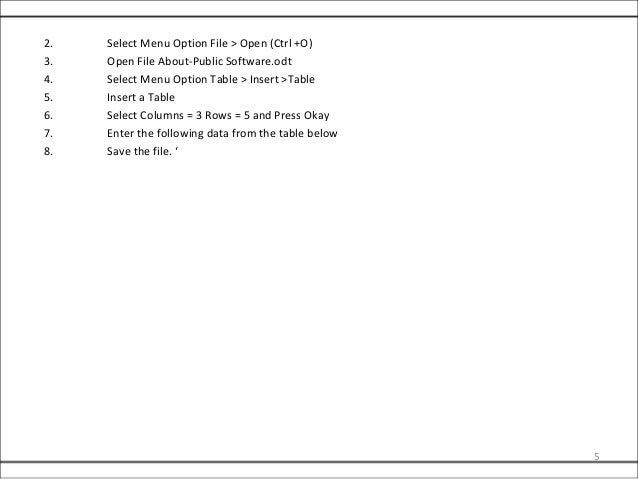
The team was really excited to know this as it would help them to type in Kannada or any other language easily. Anupama introduced the ICD team members to Kannada typing using Open Office Word processor on Ubuntu. Except a few, everyone successfully migrated to thunderbird as their e-mail client on windows by the end of day one.Īfter getting to know various ‘FOSS on windows’ on the first day, it was time to move completely to Ubuntu on the second day. Various ways of analyzing data using ‘Open Office Spreadsheet’ was looked into before moving onto ‘ThunderBird e-mail and news client’. Then he explained what are FOSS and the importance of them because knowledge has to be shared. As the team explored the usage of Open office, Gurumurthy pointed that though it doesn't look as appealing as other proprietary software it is important to use more and more ‘Free and Open Source Software’(FOSS). He introduced ICD team members to 'Open office Writer/Word Processor' application on Windows. Drawing from the Stages theory, important factors were discussed, such as Infrastructure provision, User capacity building, Availability of required software applications/digital resources, Involvement and support of organisation (department heads) and Information Systems internal function/system which needs to be provided over a period of time to successfully complete ICT programme. He mentioned how ICT can act as an effective tool in this active learning process, assisting both teachers and children.

Behaviorism assumes children as passive receivers while constructivism considers children as active participants who construct their own knowledge. Gurumurthy introduced the terms behaviorism and constructivism. Discussions suggested that education has to make children more humane and efficient in order to develop a peaceful society. On the first day, Gurumurthy began with a discussion on 'what is education and its purpose?'.

This workshop was conducted to give Institutional Capacity Development team (Mandya) an overview on ICT possibilities in education and thus to explore how ICT can be effectively used in ICD programme to achieve its objectives.


 0 kommentar(er)
0 kommentar(er)
